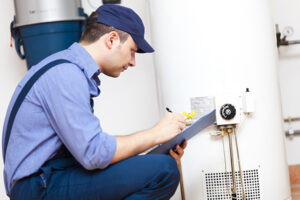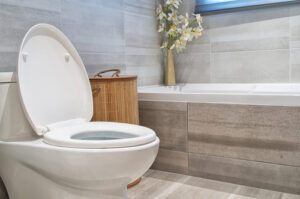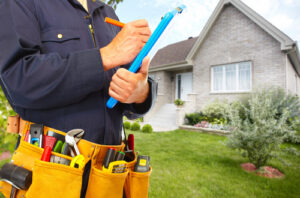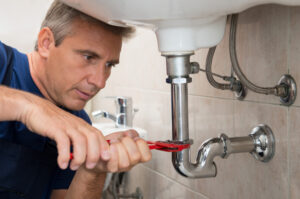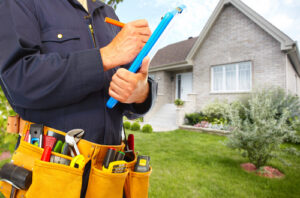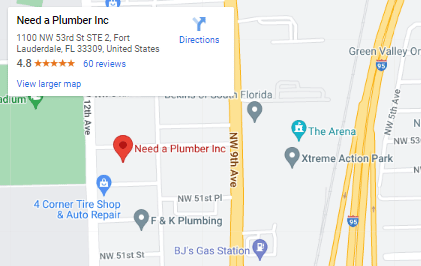Are you tired of running out of hot water midway through your shower? Is your traditional water heater not keeping up with the demands of your household? It might be time to consider upgrading to a tankless water heater. Not only can these modern marvels provide a continuous supply of hot water, but they also offer energy efficiency and space-saving benefits. In this ultimate guide, we’ll walk you through the process of efficient tankless water heater installation, ensuring you’re not only in hot water but that it’s readily available whenever you need it.
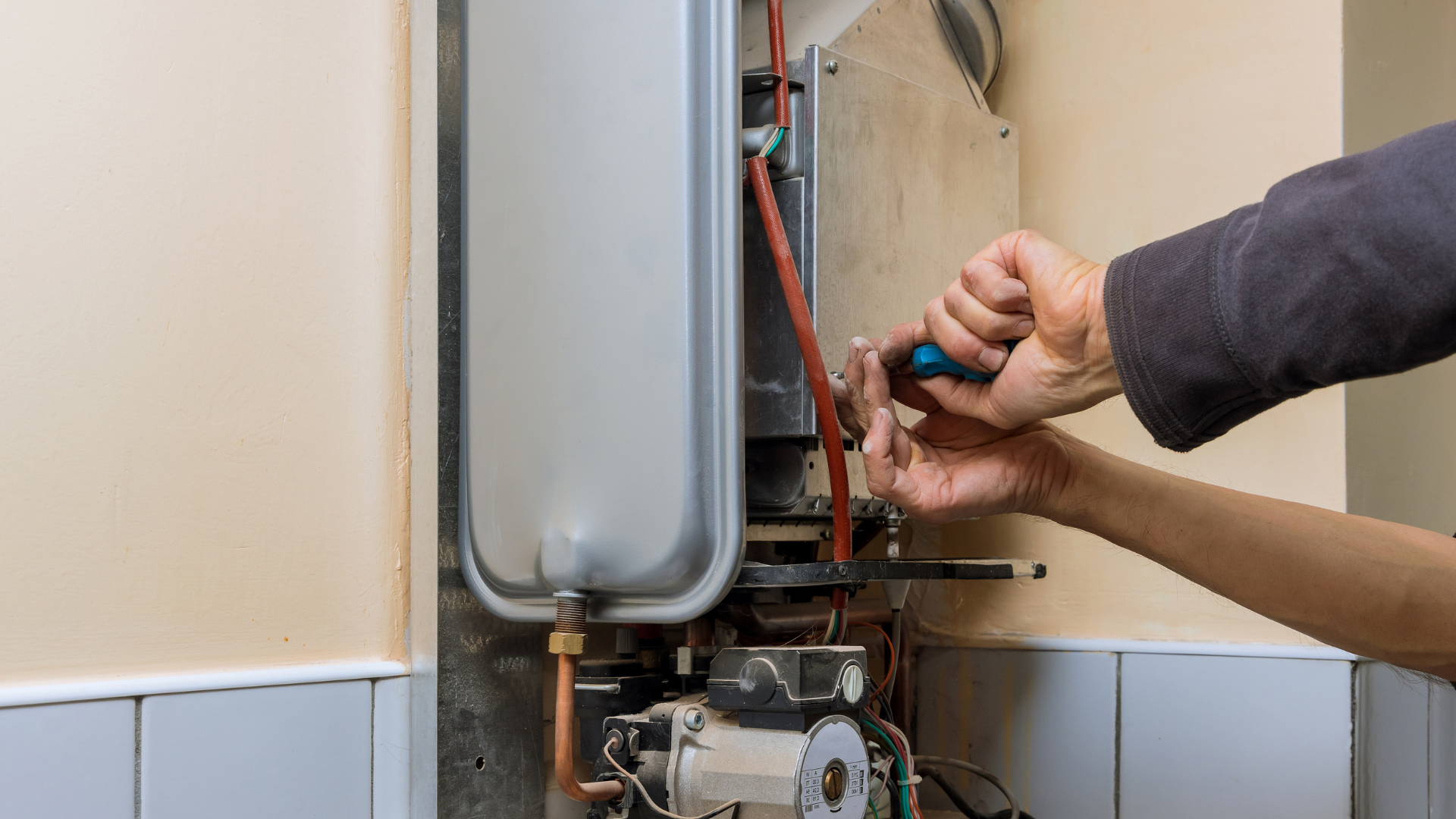
Understanding Tankless Water Heaters
Before diving into the installation process, it’s essential to understand how tankless water heaters work. Unlike traditional water heaters that store and constantly heat a large amount of water, tankless water heaters heat water on demand. When you turn on a hot water tap, cold water travels through a pipe into the unit, where either a gas burner or an electric element heats the water instantaneously, providing a continuous and energy-efficient supply of hot water.
Benefits of Tankless Water Heaters
Traditional water heaters store a finite amount of hot water, leaving you vulnerable to unexpected cold showers, especially during peak usage times. With tankless water heaters, you bid farewell to this age-old inconvenience. These innovative systems operate on-demand, heating water instantaneously as it flows through the unit. This means you can enjoy a continuous and uninterrupted supply of hot water, whether you’re the first or the last person in line for the shower. No more shivering under a sudden burst of icy water – tankless water heaters provide a reliable solution for households of all sizes.
Energy Efficiency: Reduced Bills and Environmental Impact
One of the most compelling advantages of tankless water heaters is their exceptional energy efficiency. Unlike traditional water heaters that continuously maintain a reservoir of hot water, tankless units only heat water when you turn on the tap. This on-demand heating process results in significant energy savings and lower utility bills. The efficiency gains are especially pronounced during periods of low water usage, as traditional water heaters would still be expending energy to keep a large volume of water hot. By embracing a tankless water heater, you not only contribute to a greener environment but also enjoy the financial benefits of reduced energy consumption.
Space-Saving Design: Maximizing Your Living Space
Traditional water heaters, especially those with large storage tanks, can be bulky and require a dedicated space in your home. This can limit your options for placement and even necessitate creating dedicated utility rooms. Enter the tankless water heater with its space-saving design. These units are compact and can be installed in smaller, more convenient locations, such as closets, utility rooms, or even mounted on walls. This not only frees up valuable space but also provides flexibility in home design and renovation projects. With a tankless water heater, you gain more room for storage, organization, or even that dream laundry room you’ve been envisioning.
Longer Lifespan: A Wise Investment for the Future
Investing in a tankless water heater is not just about enjoying immediate benefits; it’s a commitment to long-term reliability. These units often boast a longer lifespan compared to traditional water heaters. The absence of a constantly heated storage tank means less wear and tear over time. With proper maintenance, tankless water heaters can serve your household efficiently for many years. This extended lifespan not only saves you money on premature replacements but also ensures a reliable source of hot water for the long haul. Choosing a tankless water heater is a wise investment in the comfort and convenience of your home.
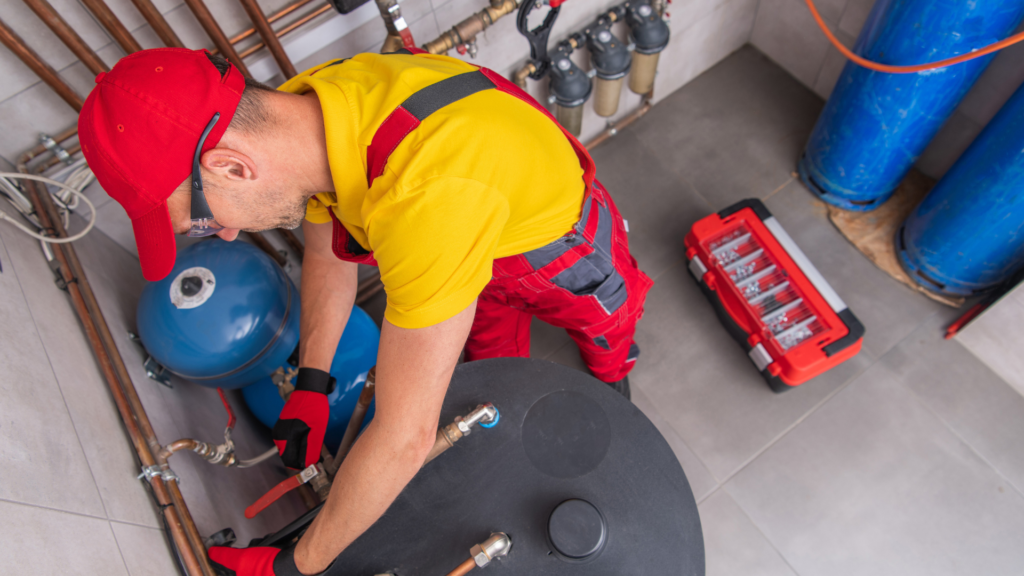
Step-by-Step Tankless Water Heater Installation
Choose the Right Unit: Consider the Size and Type for Your Needs
Selecting the appropriate tankless water heater is a critical first step in ensuring a seamless and efficient hot water experience. Begin by evaluating the size of your household and determining the peak water usage. Larger families with higher demands may require a more robust unit. Additionally, consider whether a gas or electric tankless water heater is better suited to your needs. Gas units often provide higher flow rates, making them suitable for larger households with multiple bathrooms. On the other hand, electric units are compact and may be more energy-efficient for smaller households.
Prepare the Installation Site: Optimal Conditions for Peak Performance
The success of your tankless water heater installation hinges on selecting the right location. Choose a spot with proper ventilation to ensure safe operation. Adequate access to gas or electricity is essential, so plan the installation near existing utility connections. Take note of the manufacturer’s recommended clearances for installation to guarantee proper airflow and accessibility for future maintenance. By preparing the installation site meticulously, you set the stage for the efficient and long-term operation of your tankless water heater.
Install Proper Piping: Seamless Integration with Your Plumbing System
Connecting your tankless water heater to the existing plumbing system requires careful attention to detail. Use the appropriate type and size of pipes to optimize performance. Consider factors such as water pressure and flow rates to ensure the unit can meet the demands of your household. A well-executed piping installation not only guarantees a constant supply of hot water but also minimizes the risk of leaks and other plumbing issues that could compromise the system’s efficiency.
Gas Line or Electrical Connections: Ensuring a Stable Power Source
For gas tankless water heaters, a secure and properly sized gas line is crucial for safe and efficient operation. Enlist the services of a qualified professional to install the gas line, adhering to local codes and safety standards. In the case of electric units, confirm that there is an ample electrical supply to meet the unit’s requirements. Avoid overloading circuits and consult with an electrician if necessary to ensure a stable power source for your tankless water heater.
Ventilation: Safeguarding Your Home and Family
Proper ventilation is especially critical when installing gas tankless water heaters. Follow the manufacturer’s guidelines for venting installation to prevent the buildup of potentially harmful gases. This step is essential for the safety of your household, as well as the longevity and efficiency of the unit. By ensuring adequate ventilation, you create a secure environment for the operation of your gas tankless water heater.
Maintenance Tips
Flush the System Annually: Preventing Mineral Buildup for Optimal Performance
Over time, mineral deposits can accumulate in your tankless water heater, potentially affecting its efficiency and performance. To safeguard against this, it’s essential to make annual system flushing a part of your routine maintenance. Flushing the system involves the removal of sediment and mineral buildup that may have settled in the unit. This preventative measure not only maintains the integrity of your tankless water heater but also ensures that it continues to operate at peak efficiency, providing you with a constant and reliable supply of hot water.
Check for Leaks: Early Detection for Long-Term Reliability
Regular inspections for leaks are a fundamental aspect of tankless water heater maintenance. Periodically examine the unit and its connections for any signs of leaks, no matter how minor. Early detection and prompt repair of leaks can prevent water damage to your property and preserve the efficiency of your system. A vigilant approach to leak detection contributes to the overall longevity of your tankless water heater, ensuring that it remains a dependable source of hot water for years to come.
Monitor Water Quality: Addressing Changes for System Health
Changes in water quality can impact the performance of your tankless water heater. If you notice shifts in water clarity, odor, or taste, it may be an indication of impurities affecting the unit. Consider installing additional filtration systems or water softeners to address these changes and protect your tankless water heater from potential damage. Monitoring water quality is a proactive measure that not only benefits your unit but also contributes to the overall health of your plumbing system.
Schedule Professional Inspections: Expert Care for Long-Term Efficiency
While regular DIY maintenance is crucial, scheduling annual professional inspections is equally important for the comprehensive care of your tankless water heater. A qualified technician possesses the expertise to conduct a thorough examination, identifying any potential issues that may go unnoticed during routine homeowner inspections. Professional servicing includes tasks such as checking and adjusting gas pressure, inspecting the burner, and ensuring proper ventilation. By entrusting your tankless water heater to a professional for annual inspections, you invest in the long-term efficiency and reliability of your system.
Conclusion
Installing a tankless water heater can be a game-changer for your home, providing a continuous supply of hot water while saving on energy costs. By following this ultimate guide, you’ll be well-equipped to make the right choices during installation, ensuring a reliable and efficient hot water supply for years to come. So, are you ready to take the plunge and stay in hot water? Your refreshing and uninterrupted showers await!

